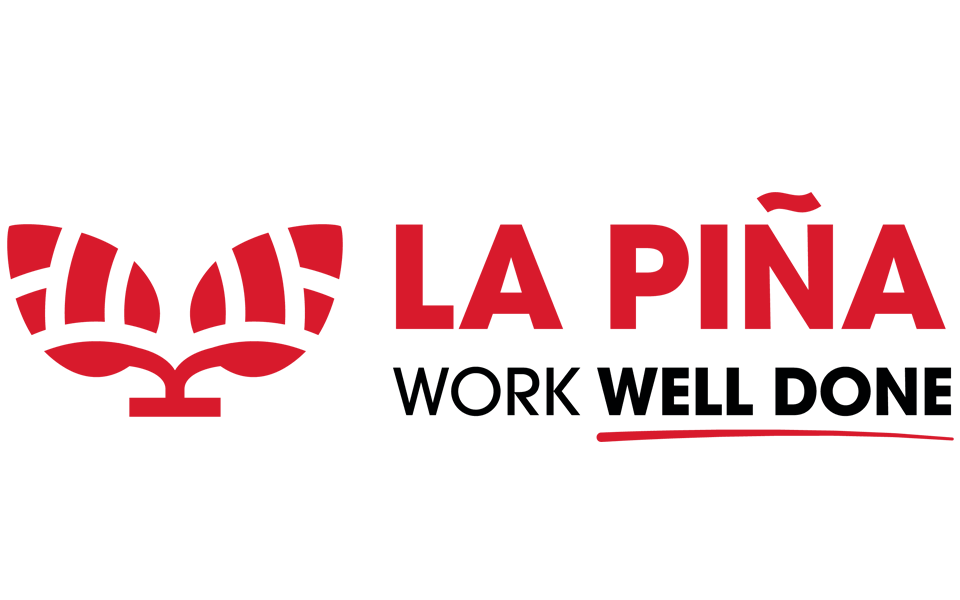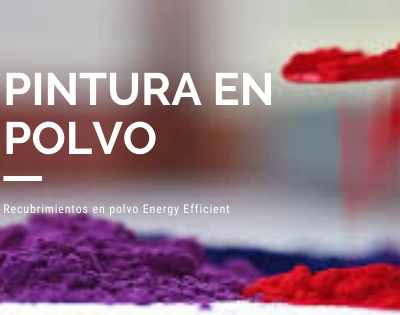Tea for the assessor: a rhetorical question
Blog

Tea for the assessor: a rhetorical question
Boiling water boils, hisses, impatiently rattles the nailed lid. "It's time to pour the tea!" said the judge. Virgin Salome gets up and wants to take the kettle. The secretary reaches for a bottle of red liquid, when suddenly... The lid of the samovar breaks off and flies up, turning the kettle upside down, falling on Mateyushka's beloved pet's head and pouring hot tea over his face and ears. The lid falls on the bald head of the "daddy", who screams "Oh! Ouch! Oh!" begins to echo the child's screams. Meanwhile, Varus, released from captivity, violently sprays into the eyes, faces and noses of the female, male and neuter girls sitting next to the samovar, pouring out in torrents like lava from a crater. In addition, in the general commotion, someone inadvertently touches a fashionable samovar table on one leg, collapses and half a bucket of water pours over the backs of the judge and the land surveyor, and ashes fall on the head of the assessor, who tears off the shoes on the scalded foot of the Virgin Salome. Here, the screaming and screeching exceed all possible limits. Everyone rushes into the back room in a bunch, running away from the infernal dragon, which is swollen with fire and boiling water; only an assessor with his hair on fire flies out into the hall and shouts: "We're on fire!". From this scream, everyone gathered in the back room rushes to the window, torn out of the jambs in the blink of an eye, and under the ringing of broken glass, the whole company, one by one, finally lands in a snowdrift...
Yan Barshchevsky, almost simultaneously with Khodkov's "Samovar", also recorded a change in the status of tea - from an exotic drug to a product of mass consumption (it is known that only within the limits of a small middle class) in the story "The Wooden old Man and the Insecta Woman" (1844), the events of which take place around 1835: "A little time has passed, the samovar has already been brought, tea was poured, the captain, sitting at the table, said to the hostess: "I thought tea was a cure for the head in the old days, but now they can't even live without it, which is changing the world." It is very symbolic that we find the only praise for the Chinese drink in the essay "Tea" by the future renegade Platsid Yankovsky (Vilnius, 1835): "Tea expresses the thought of our time better. There are so many things here that are sluggish, dull yellow-greenish, romantic, semi-sweet, ephemeral! In a word, this is modern poetry. How much highness is here compared to the tedious classic coffee!". Is it any wonder that in a few years it was Yankovsky who would play one of the key roles in the Semashkava plan for the dissolution of the union? So it's not surprising that on the pages of, for example, "Pan Tadeusz" there is not a single memory of tea. A replica from another of Mickiewicz's works, Dziady, is also characteristic:
(One of the prisoners): - Sing, Felix! What should I pour - wine, tea?
(Felix) - Wine!
That is, the question is rhetorical. Would a real patriot drink tea?
The closer to Moscow, which consumed more than half of the tea imported into the empire, the faster and more firmly the "herb" was introduced into daily life - so that in Belarus (in the narrow sense) they got used to it, perhaps a little earlier than in the heart of historical Lithuania, not to mention the Crown. However, tea was still drunk much less in the east of Belarus than in Russia, as evidenced by a passing note by S. Maksimov from Picturesque Russia (1882).
The main opponent of tea was, of course, coffee. Once also met with prejudice and ridicule in the Polish-Lithuanian Commonwealth (after all, the fashion for it came from the worst enemies, the Turks), before the beginning of the era of partition, coffee managed not only to gain popularity, but to become a real national drink. Compared to tea, coffee had a head start of more than a century, which coincided with the last century of independent existence. Therefore, it is quite natural that for many patriots coffee, unlike tea, symbolized the times of the former "golden freedom".
The echoes of the former symbol war, coffee and tea, have survived to the present day. The well-known Vilna graphomaniac O. Vladimirov, a tireless fighter against the "Polish intrigue", in 1874 published a small 36-page pamphlet entitled "Tea and its harm to bodily health - mental, moral and economic", in which he accused the long-known enemies of Russia of spreading the "harmful" herb. And already in our time, in 1995, in the book "Tea and Vodka in the History of Russia," another famous graphomaniac, V. Pokhlebkin, a tea lover, but equally disapproving of the arrogant lyakhs and their accomplices, like his predecessor, without knowing the real biography of Vladimirova, exposed him... "Lithuanian nobleman Vladislavas Mingailam Dovgella", who, allegedly, on the instructions of the Vatican and the German imperialists, falsely discredited tea in order to prevent the Russian people from joining this source of health! The ease with which Pokhlebkin revealed the "espionage" genealogy of his compatriot, who actually performed his duty to the Empire in unreliable Vilnius consistently and faithfully, says a lot about the methodology of his work. So, either the Litvinians want to poison the gullible Russian people with Chinese herbs, or on the contrary, they are insidiously hiding extremely useful Chinese medicines, but in any case, they are acting in a hostile, treacherous manner. Drink to your heart's content (only with caution!) and tea and coffee, dear reader. But let this curious story make you think once again about which side your sympathies are on in this centuries-old and multimillion-dollar game of two civilizations... Le code promo 1xbet est la garantie de bénéficier de la meilleure offre de bienvenue. En l'appliquant, vous activez un bonus de 100% sur votre premier dépôt, pour un maximum de 130 €. Cette manne financière vous offre une marge de manœuvre exceptionnelle pour découvrir toutes les fonctionnalités du site, des paris en direct aux jackpots progressifs, en toute sérénité.




